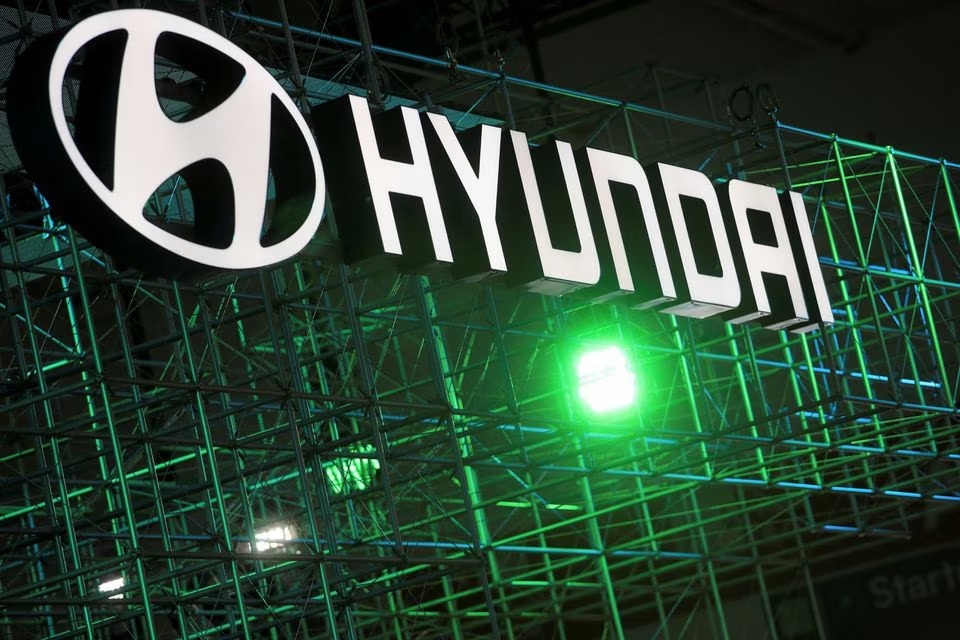SHANGHAI, (Reuters) – Hyundai Motor and its Chinese partner BAIC Motor on Wednesday agreed to invest $1.1 billion in their joint venture that produces and sells Hyundai cars in China, BAIC said in a statement.
The move signals the South Korean automaker’s commitment to the world’s largest car market despite its declining sales there and the loss of market share to Chinese rivals such as BYD since 2018.
Hyundai’s annual sales in China last year fell to 249,000 vehicles, nearly one-fifth of the brand’s peak in 2016, while the joint venture with BAIC – called Beijing Hyundai – has closed two of its four Chinese plants.
The investment – split equally between the two companies – will increase the total registered capital of the 22-year-old joint venture to $4.074 billion, Beijing government-owned BAIC said in a filing.
BAIC said the venture planned to introduce more products tailored to Chinese consumer needs and export more to international markets.
Beijing Hyundai sold 136,460 vehicles, nearly all of them internal combustion engine cars, in the first nine months this year, with 34,179 of them exported, according to data from the China Association of Automobile Manufacturers.
Pure electric vehicles and plug-in hybrids have made up more than half of China’s car market this year. Hyundai has no such models on sale in China right now.
Reporting by Zhang Yan and Brenda Goh. Editing by Andrew Heavens and Mark Potter











